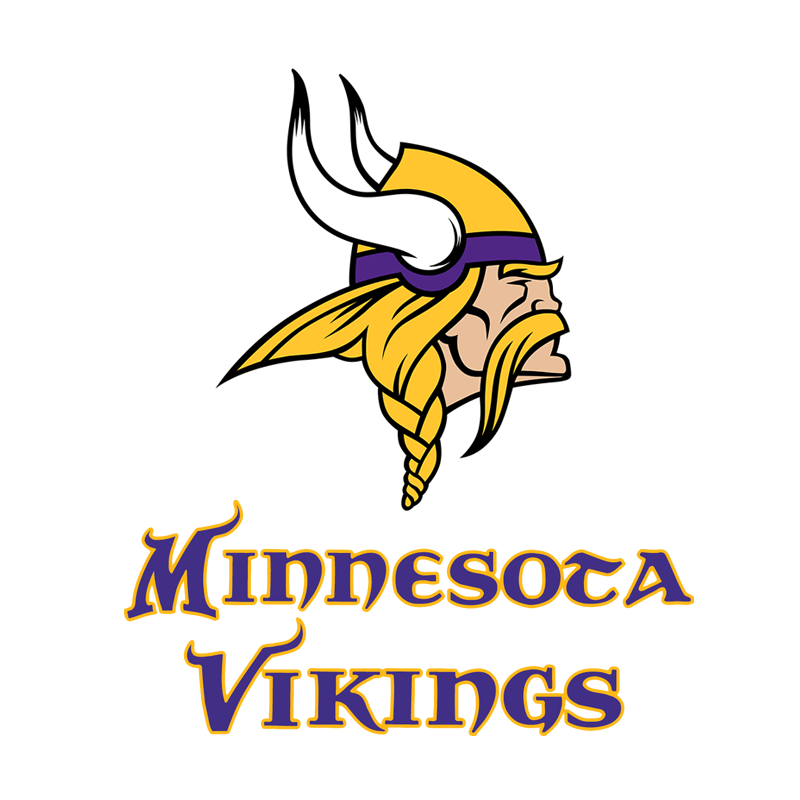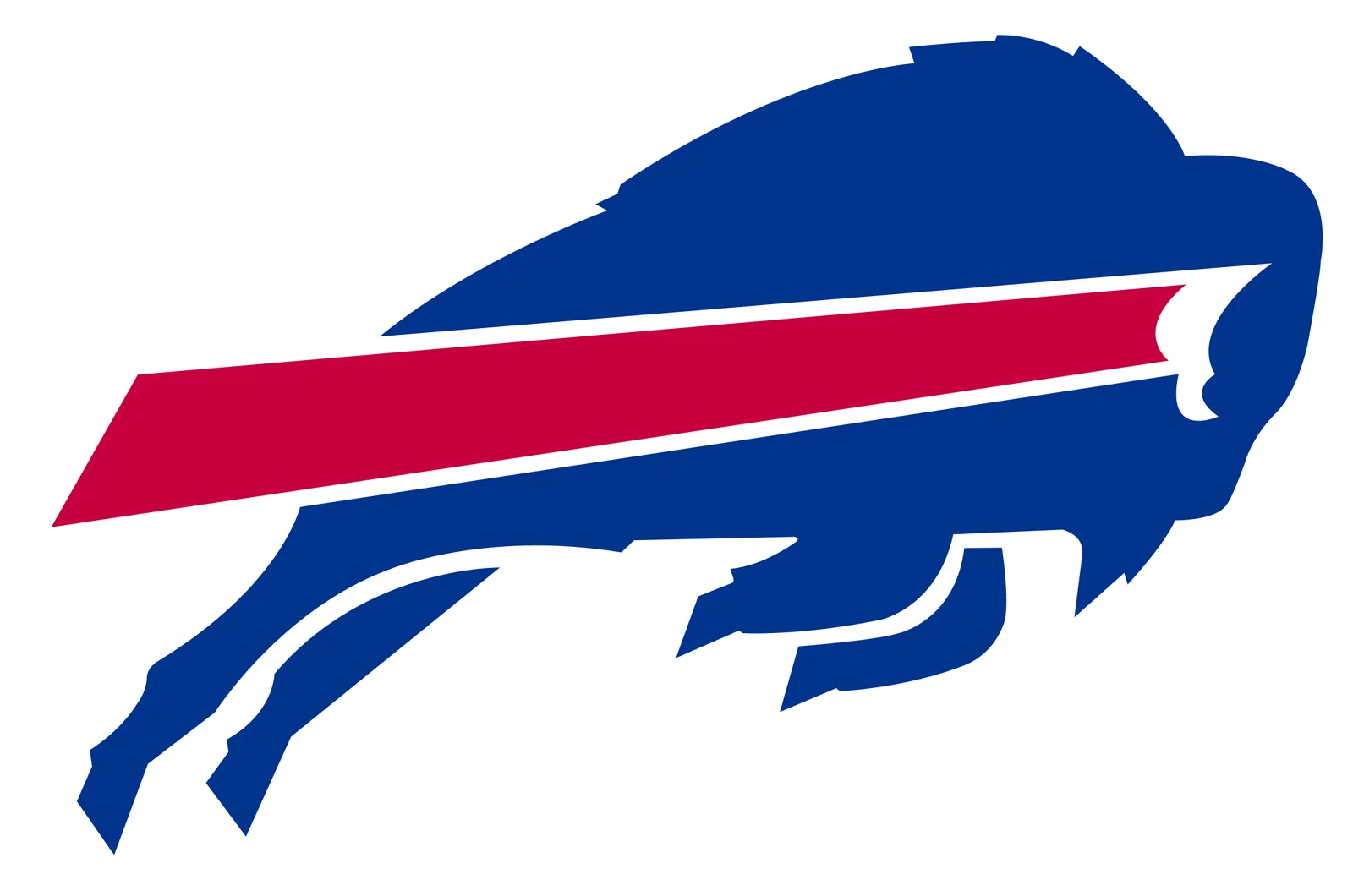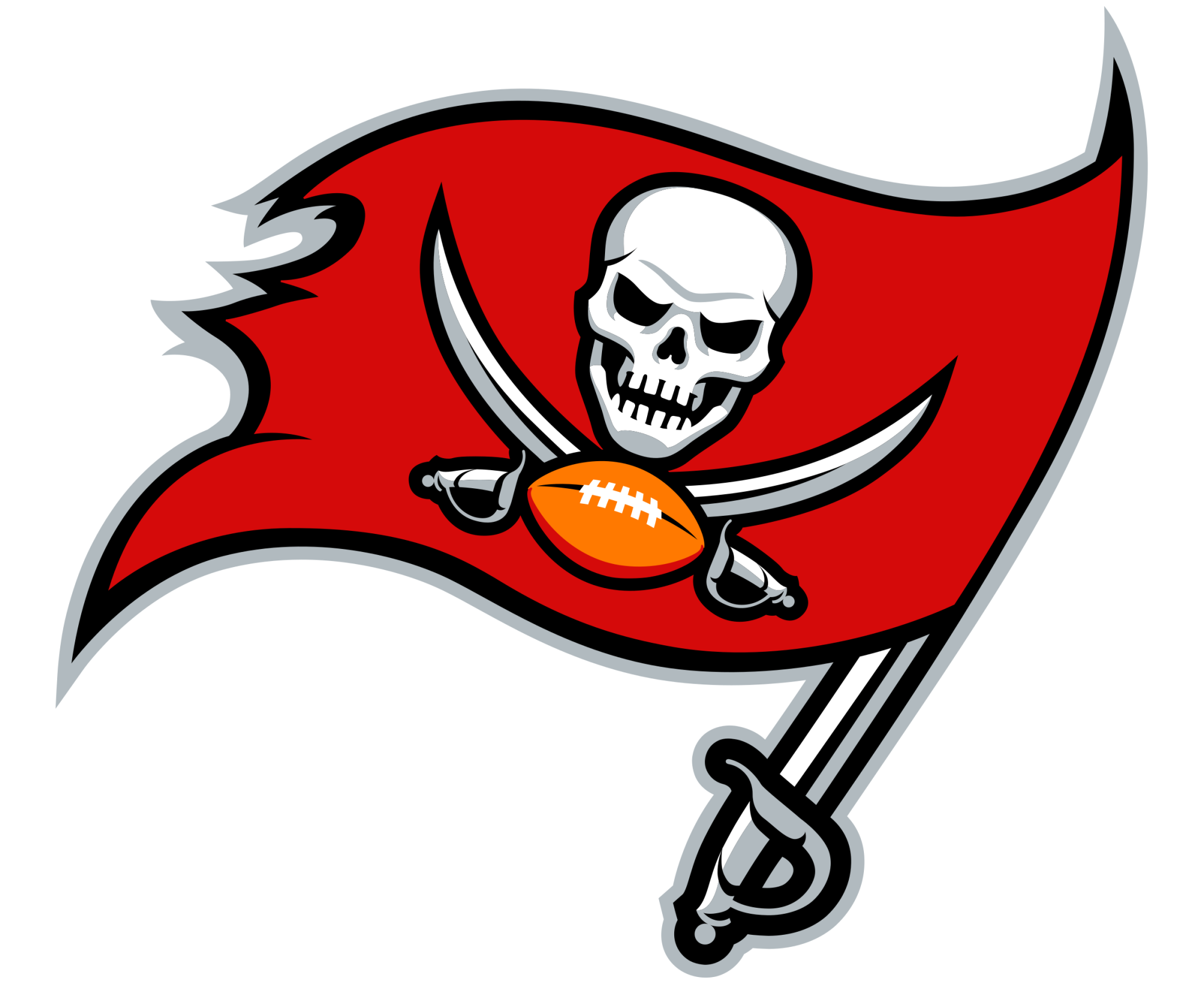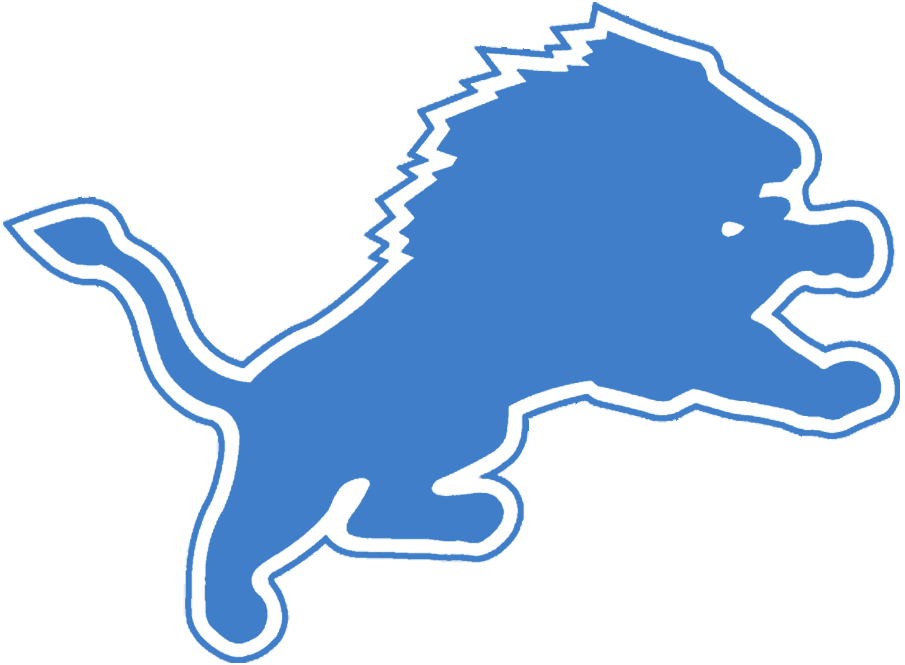The Pros And Cons Of the Lions Pursuing Myles Garrett
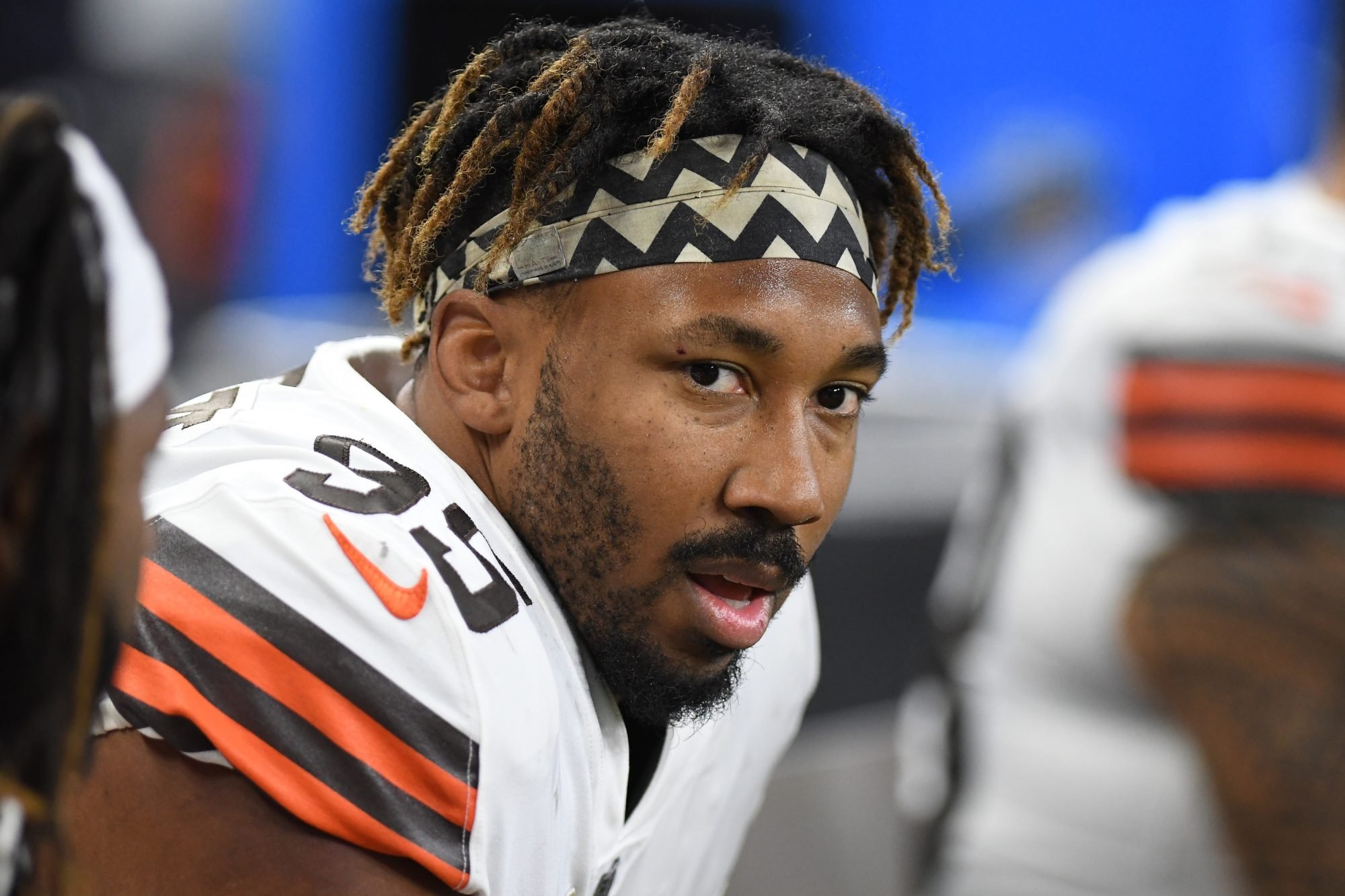
Credit: Lon Horwedel-Imagn Images
The No. 1 Rule of Hot Stove Season: When a four-time All-Pro like Myles Garrett is demanding a trade, you pay attention. And when the NFL’s official site is headlining a list of potential fits with your favorite team, then you especially pay attention.
And why shouldn’t the Detroit Lions be interested? Garrett has 14.0 or more sacks (60.0 total) in each of the past four seasons, leading the NFL over that time. He’s the NFL’s best player at one of the three or four most important positions on the field. And after going 15-2 last season, Detroit is in a position where one great player can push them over the edge. But these kinds of moves always carry some kind of risk with them, as well, so let’s take a look at the pros and cons of the Lions pulling off the splash trade of the offseason.
Pro: Seeing Last Year’s Lions With A Pass Rush
When Aidan Hutchinson went down in Week 6, the Lions had to make do without their star pass-rusher. The team made do, especially after a mid-season swing for Za’Darius Smith, but the hole at the edge tripped the team up at the worst time. The Lions only pressured Jayden Daniels on 13 of his 36 dropbacks, sacking him zero times.
Now imagine last year’s Lions squad with Garrett and Hutchinson, fully healthy, commanding double-teams, and still finding a way to get in the quarterback’s face. Let’s go.
Con: The 2026 Season
Brad Holmes has done very well at cap management, with just Jared Goff ($32.6 million) and Taylor Decker ($23.1 million) carrying a cap hit of over $15 million in 2025. It’s a big reason that the Lions are armed with $43 million of effective cap space entering the offseason, putting them in position for a Garrett trade.
Garrett’s $19.7 million cap hit is a great value, even if it takes nearly half of the Lions’ available cap space. But while Garret will make a reasonable $20.4 million against the cap in 2026, money gets significantly tighter for Detroit. Goff’s cap hit is set to hit $69 million, Amon-Ra St. Brown‘s hits $33.1 million, and Penei Sewell and Alim McNeill will both be in the $28-29 million range. Will Garrett’s salary create other cap casualties?
Pro: The Timing Is Right
The Lions’ window is wide open right now, with Detroit being two years into Super Bowl Contender mode, and they don’t appear to be going away anytime soon. Jared Goff turns 31 in October, but Hutchinson, Sewell, St. Brown, McNeill, Jahmyr Gibbs, Kerby Joseph, Brian Branch, Jameson Williams, and Sam LaPorta are all 25 or under.
Garrett, who turned 29 in December, probably has a two-to-three-year window of being elite, but the Lions are suited to make the most of it. This isn’t an old team that is looking to go all-in for 2025. This is a team in a logical spot to bring in a high-end veteran to get them over the hump, and the fact that Garrett, who’s made the playoffs just twice in his career, is hungry to win makes the match all the better.
Con: Spending Draft Capital
The salary cap comes for us all. The Lions won’t just have to deal with raises for Goff, St. Brown, Sewell, and the like. The last year of Hutchinson’s rookie deal is next season, should his next contract bypass the fifth-year option. Joseph becomes an unrestricted free agent next year, with LaPorta following him in 2026. Eventually, players like Williams, Gibbs, and Jack Campbell will need to get paid, too.
Detroit’s going to be able to keep their most important players, even with Garrett. But they’ll have to lose some important depth along the way, and the only way to replenish that is the young, cheap talent pipeline of the NFL Draft.
The Lions are slated to have seven picks in 2025, missing a fifth-rounder and having an extra seventh. Trading for Garrett will take a huge chunk of that draft capital. Using Adam Schefter’s trade comparable of Khalil Mack, the Lions can expect to wave goodbye to their first and third-round picks, then a first-rounder for next year.
It might well be worth it, but the Lions have done an amazing job of building through the draft, and losing valuable picks will make it much harder to win year-in, year-out.
Pro: Not Having To Face Garrett
There’s only one Garrett, and if the Lions get him, then no one else does. And if Detroit doesn’t get him, the teams that are motivated to win a bidding war are going to be contenders. For example, CBS Sports pegs the Commanders as a potential landing spot. Detroit probably wouldn’t be happy about that.
Nor would they be happy to see other NFC contenders with cap space, such as the San Francisco 49ers, land Garrett. And they really don’t want to have to face Garrett twice a year against the Green Bay Packers or Minnesota Vikings. Even if Garrett goes to the AFC, Detroit’s goal is to face some AFC contender in the Super Bowl. If the Buffalo Bills or Cincinnati Bengals get to the Big Game and Garrett thwarts Detroit, they’ll think of what could have been. Trading for Garrett doesn’t just give the fanbase a boost after a disappointing end of the season, and avoid any future FOMO.
Up Next

